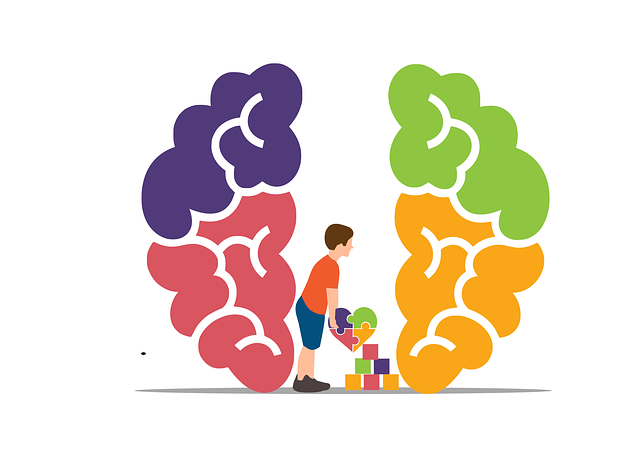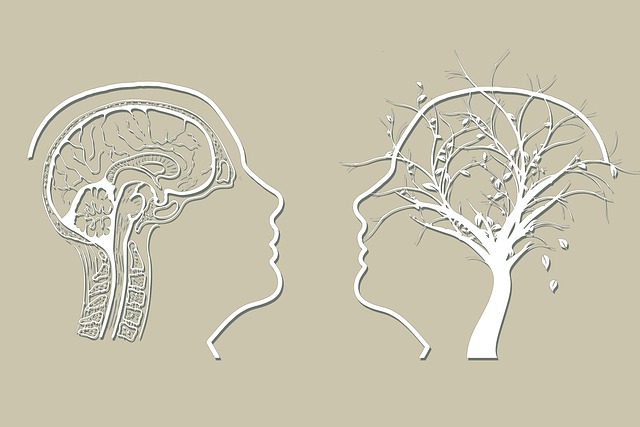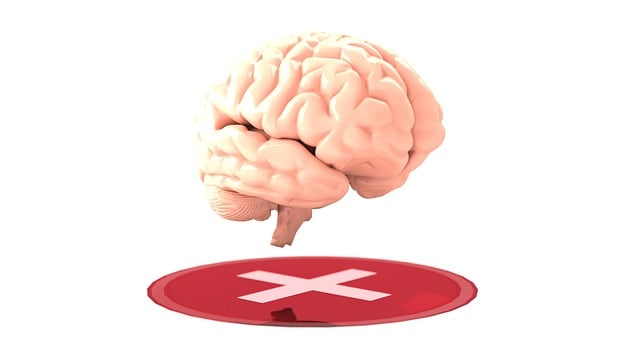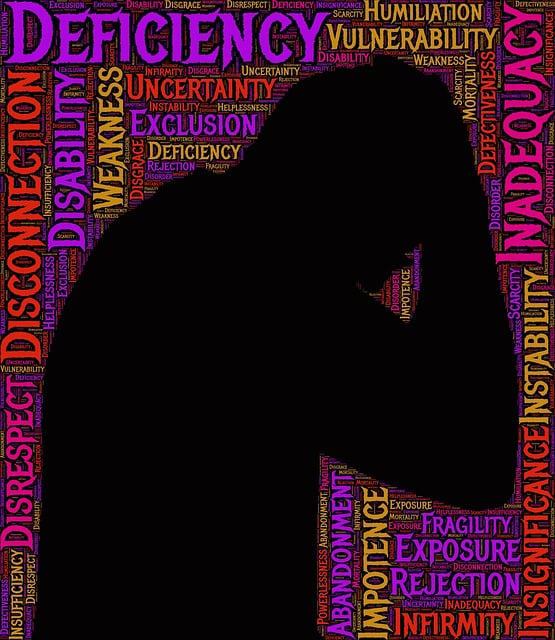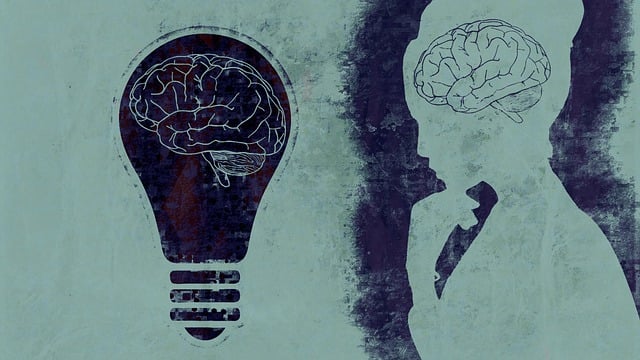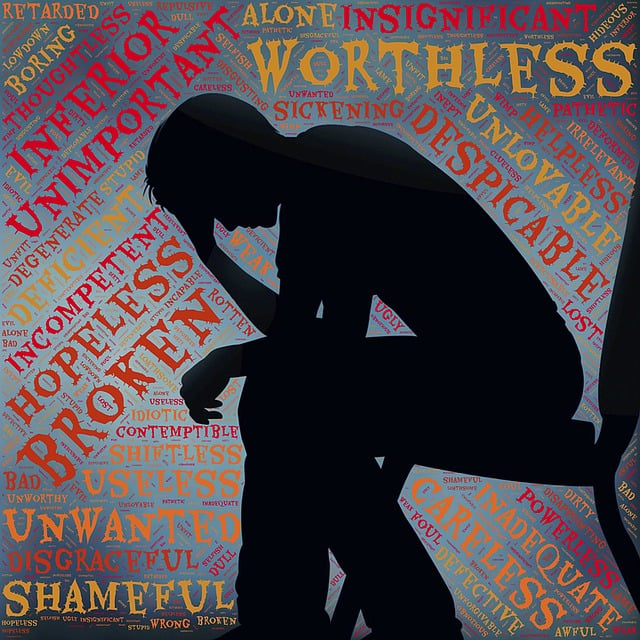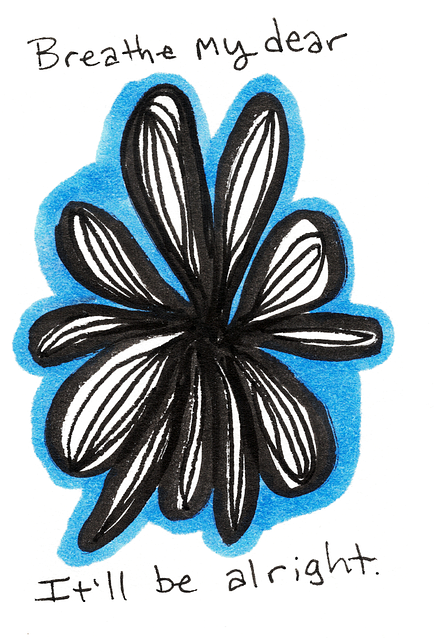Depression prevention involves understanding genetic predispositions, environmental triggers, and lifestyle choices. Regular exercise, balanced nutrition, social connections, mindfulness, and leisure activities reduce symptoms. Therapy for adults, including cognitive-behavioural therapy (CBT) and interpersonal therapy, offers safe spaces for emotional regulation and resilience building through techniques like journaling exercises and crisis counseling services. Cultural sensitivity and open communication within support networks are crucial for effective prevention and recovery, with burnout prevention strategies for healthcare providers also vital.
Depression is a prevalent yet profound mental health challenge, affecting individuals across all walks of life. This article explores comprehensive strategies for prevention, offering insights into various approaches to combat this illness. From understanding the triggers and signs to implementing lifestyle changes, we delve into effective methods such as therapy for adults and crisis counseling, emphasizing their critical roles in recovery. Additionally, we highlight the importance of building a supportive network for those facing depression.
- Understanding Depression and Its Triggers
- Lifestyle Changes for Better Mental Health
- The Role of Therapy and Crisis Counseling
- Building a Supportive Network for Recovery
Understanding Depression and Its Triggers

Depression is a complex mental health disorder that significantly impacts an individual’s daily life and overall well-being. It often stems from a combination of genetic predisposition, environmental factors, and emotional experiences. Understanding one’s triggers is a crucial step in preventing and managing depression. These triggers can vary widely, ranging from significant life events like trauma or loss to more subtle stressors such as chronic stress at work or strained relationships. Recognizing these triggers is the first step towards equipping oneself with effective coping mechanisms.
Therapy for adults, particularly crisis counseling services, plays a pivotal role in helping individuals navigate and overcome these challenges. Empathy-building strategies within therapy create safe spaces for sharing experiences, fostering emotional regulation, and providing guidance on maintaining mental wellness through journaling exercises. These practices empower individuals to develop resilience, enhance their ability to manage stress, and foster positive coping mechanisms to prevent depressive episodes.
Lifestyle Changes for Better Mental Health

Depression often arises from a complex interplay between genetic predisposition, environmental triggers, and lifestyle choices. Implementing positive lifestyle changes can be a powerful tool in preventing and managing depression. Regular exercise, for instance, releases endorphins that boost mood and reduce stress, alongside promoting better sleep and overall well-being. A balanced diet rich in nutrients supports brain health and can alleviate symptoms of depression. Additionally, cultivating strong social connections through activities like joining community groups or participating in Stress Management Workshops Organization can provide a robust support network, enhancing resilience against mental health crises.
Beyond these, mindfulness practices such as meditation and yoga have been proven effective in Anxiety Relief and stress management. Prioritizing quality time for relaxation and hobbies can also buffer the impact of stressful life events. While therapy for adults is invaluable for addressing underlying issues, adopting these lifestyle changes can serve as a robust preventive measure or complement to professional treatment, ultimately fostering mental resilience and promoting long-term well-being.
The Role of Therapy and Crisis Counseling

Therapy for adults plays a pivotal role in depression prevention by providing individuals with essential tools to manage stress and overcome challenging life situations. Professional therapy offers a safe space for clients to explore their emotions, develop coping strategies, and enhance self-awareness. Through various therapeutic approaches, such as cognitive-behavioural therapy (CBT) or interpersonal therapy, adults can learn to identify and challenge negative thought patterns, improve their problem-solving skills, and build resilient mechanisms to cope with adversity.
Crisis counseling, a specialized form of support, is crucial in the immediate aftermath of a traumatic event or when symptoms of depression become severe. Crisis counselors offer short-term, intensive interventions aimed at stabilizing individuals and preventing further deterioration. By incorporating techniques like mindfulness, relaxation training, and crisis intervention strategies, crisis counseling helps individuals navigate their emotional distress, reduce the impact of stigma associated with mental illness, and foster hope for recovery. Cultural sensitivity in mental healthcare practice is also essential, ensuring that therapeutic approaches are tailored to meet the unique needs and beliefs of diverse populations, thereby enhancing the effectiveness of depression prevention strategies.
Building a Supportive Network for Recovery

Building a strong support network is an essential component of depression prevention and recovery. This involves cultivating meaningful relationships with friends, family, or even professional peers who can offer emotional support during challenging times. Many individuals struggling with depression often feel isolated, so having a reliable network can provide a sense of belonging and help combat feelings of loneliness. Encouraging open communication about mental health concerns within this network allows for early intervention and the ability to connect individuals with appropriate resources, such as therapy for adults or crisis counseling services.
In the context of healthcare, burnout prevention strategies for providers are crucial to maintaining emotional regulation. Professionals in high-stress fields can benefit from participating in stress management workshops organized by their institutions or community groups. These sessions often include techniques for improving emotional resilience and coping mechanisms, which can be shared with those they support, fostering a culture of holistic well-being within the healthcare sector.
Depression is a serious yet treatable condition. By understanding its triggers, adopting healthy lifestyle changes, seeking therapy for adults or crisis counseling, and building a supportive network, individuals can effectively prevent and manage depression. These strategies empower individuals to take control of their mental health and lead fulfilling lives.

